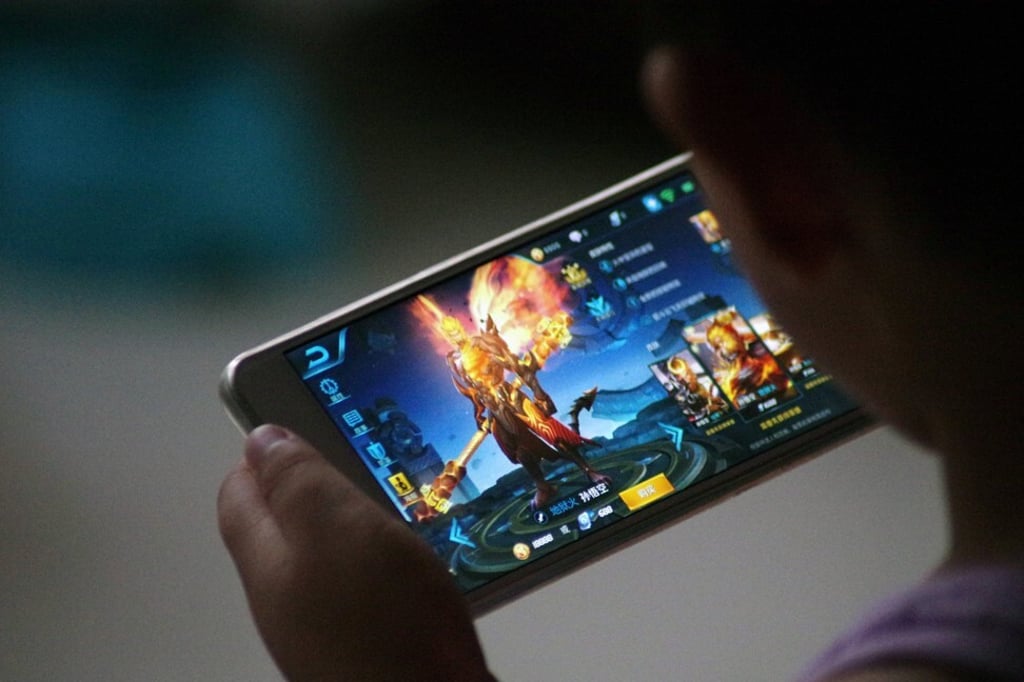Advertisement
TikTok owner ByteDance pursues legal battle against Tencent after court rules it pay US$1.2 million in damages
- Beijing-based ByteDance said it will appeal a decision handed down by the Guangzhou Intellectual Property Court in April
- The court ruled against ByteDance, ordering the firm to pay US$1.2 million as compensation to Tencent for violating its copyright
Reading Time:2 minutes
Why you can trust SCMP

ByteDance, owner of hit short video-sharing apps TikTok and Douyin, plans to continue a bitter court battle against rival Tencent Holdings in a dispute over what is fair use in China’s cutthroat online entertainment market.
Beijing-based ByteDance said on Monday that it will appeal a decision handed down by the Guangzhou Intellectual Property Court in April. The court ruled that the ByteDance app called Douyin Huoshan Version, a short video and live-streaming platform, must cease incentivising users to live-stream Tencent’s Honour of Kings , the world’s most popular role-playing mobile game.
The court also ordered ByteDance to pay 8 million yuan (US$1.2 million) as compensation to Tencent for violating its copyright.
Advertisement
ByteDance, however, asserts that Douyin Huoshan does not infringe any intellectual property rights, arguing that users own the copyright of the content they create.

Advertisement
“There are different opinions on whether game operators should have control over live-streamed content,” said You Yunting, a senior partner at Shanghai Debund Law Offices. “The live broadcast of online games constitutes a cooperative work stipulated by the Copyright Law of China, so players are entitled to live-stream a game on a third-party platform, and game operators should not block it without proper reasons.”
Advertisement
Select Voice
Choose your listening speed
Get through articles 2x faster
1.25x
250 WPM
Slow
Average
Fast
1.25x